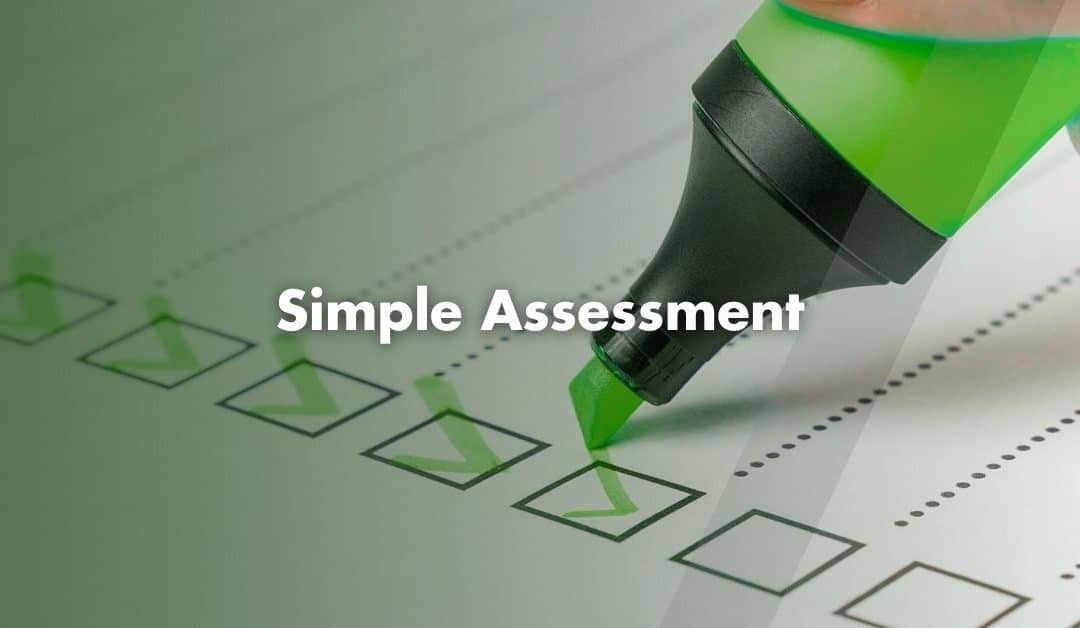A Simple Assessment is a tax calculation HMRC sends you when you owe tax they cannot collect automatically through the PAYE (Pay As You Earn) system. Instead of requiring you to submit a full Self Assessment tax return, HMRC calculates how much you owe and sends you a letter or notification through your Personal Tax Account.
HMRC gathers information from employers, the Department for Work and Pensions (DWP), and banks to calculate your total income and tax owed. Your role is to check that the figures are correct and pay any balance due. This process removes much of the stress of managing tax paperwork.
Who Receives a Simple Assessment?
Not everyone is eligible for a Simple Assessment. HMRC typically sends these notifications to people in specific conditions:
1. State Pension Recipients
If your State Pension exceeds your tax-free Personal Allowance, HMRC will send you a Simple Assessment. PAYE cannot deduct tax from State Pensions.
2. Those with Untaxed Income
If you earn additional income not taxed at source (rental income, savings interest or dividends) and owe £3,000 or more, you may receive one.
3. Those with Significant Liabilities
HMRC may issue a Simple Assessment to anyone owing £3,000 or more in unpaid tax, instead of requiring them to file a Self Assessment tax return.
4. New Pensioners
Those who recently started receiving their State Pension often encounter these assessments, especially if this income exceeds their tax-free allowance.
What Information is in a Simple Assessment?
The letter from HMRC contains all the details you need to understand your tax bill. It includes
- Your taxable income; such as income from pensions, wages or State Benefits
- Any Income Tax already paid during the year
- The remaining tax you owe
You should always verify these figures against your own records. HMRC relies on information from third parties, so mistakes can happen. If you notice missing or incorrect details, contact HMRC within 60 days. They can issue a revised assessment if needed.
Appealing the Calculation
Yes. If you believe the assessment is wrong, you can appeal within 60 days of receiving it. HMRC will review your concerns and correct any errors. If you miss the 60-day window, the assessment becomes final and you must pay the full amount.
Appeals are straightforward and you can submit them online or by post. You will need to provide details about the issue, along with evidence such as updated income statements or tax forms.
Simple Assessment vs Self Assessment
Simple Assessments (as the name implies) are much easier than Self Assessments, for those with straightforward tax affairs.
| Feature | Simple Assessment | Self Assessment |
|---|---|---|
| Filing Required | No tax return required | Taxpayer must file a return |
| Income Types | Limited to straightforward income (wages, pensions) | Covers all income (self-employment, foreign income) |
| Tax Calculation | HMRC calculates | Taxpayer calculates and submits |
Contact Us
We are not just accountants; we are Chartered Accountants with one of the most reputable and premium accounting bodies. We are registered and regulated by ACCA; so you can rest assured that you are in good hands. Knowing this, don’t hesitate to get in touch with us if you require assistance: Pi Accountancy | Contact Us
This article is for general informational purposes only and does not constitute legal or financial advice. While we aim to keep our content up to date and accurate, UK tax laws and regulations are subject to change. Please speak to an accountant or tax professional for advice tailored to your individual circumstances. Pi Accountancy accepts no responsibility for any issues arising from reliance on the information provided.

